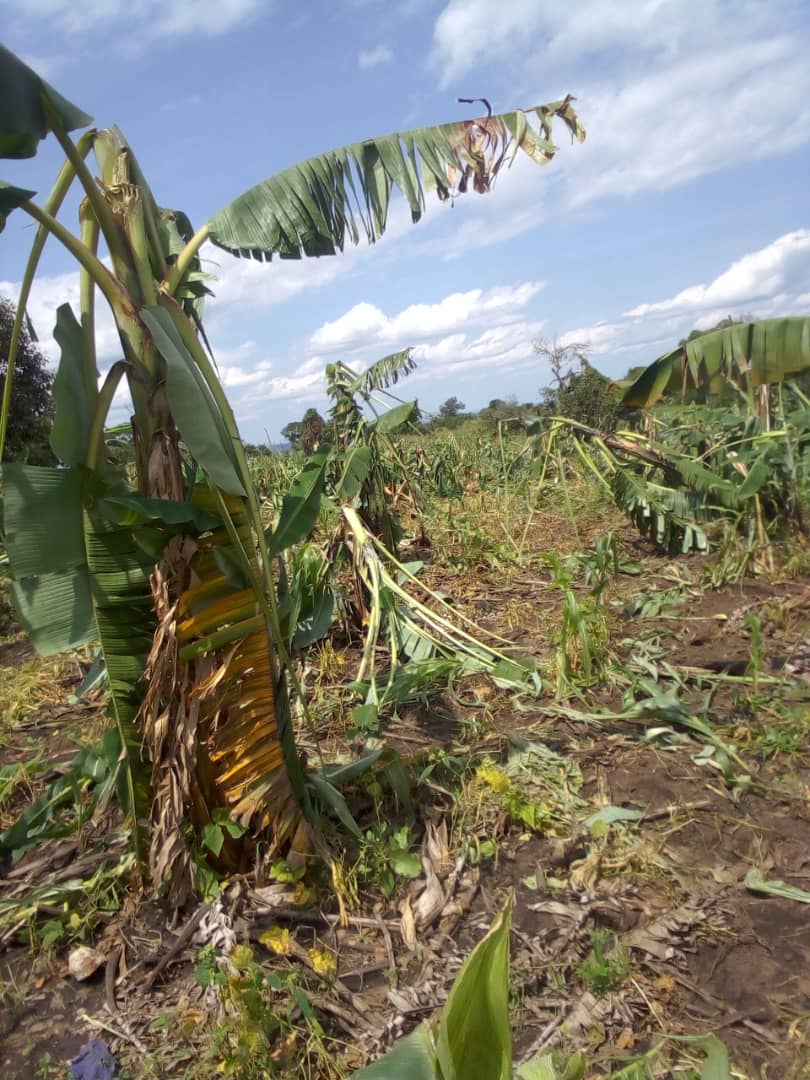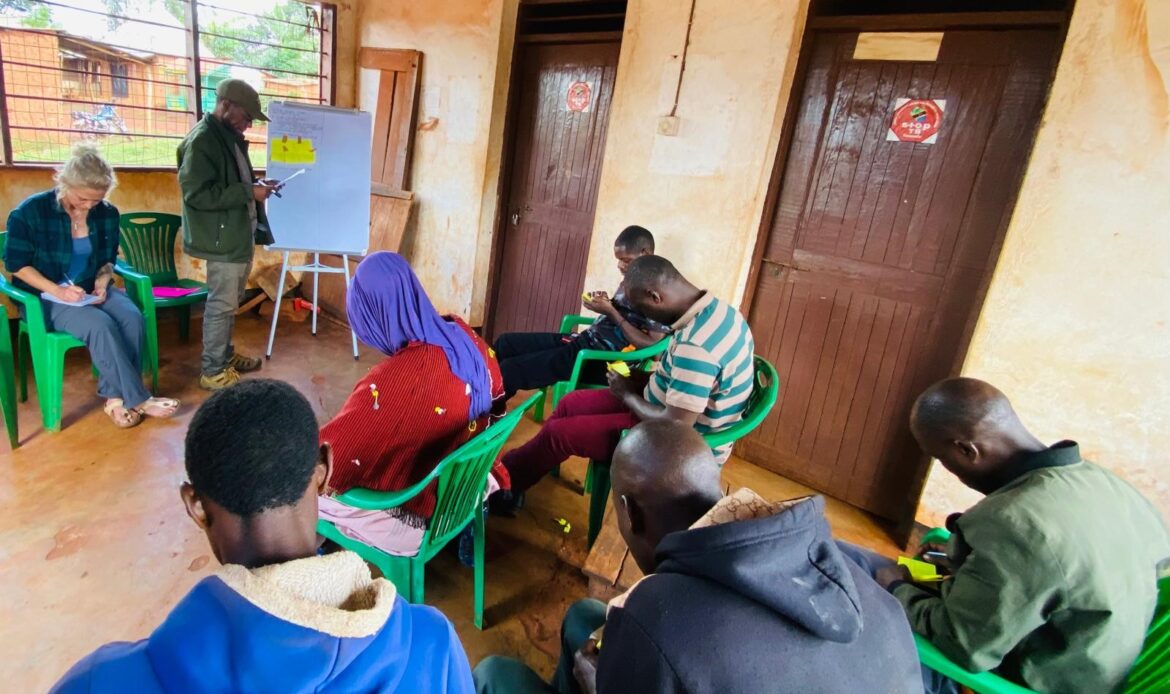Human–wildlife conflict continues to pose a serious challenge in many regions across the globe, with impacts varying by location and species involved. In Tanzania, species such as elephants, lions, primates, and certain bird species are frequently at the center of these conflicts, causing substantial damage to crops, property, and at times posing threats to human safety.
In western Tanzania, communities bordering Burigi–Chato National Park are experiencing escalating encounters with wildlife, particularly elephants. These encounters have resulted in significant crop destruction, property damage, and in some instances, human injuries. The persistent threat has created an atmosphere of fear, disrupting daily routines and agricultural livelihoods that are central to the wellbeing of these communities.

Despite the urgency of the situation, efforts to mitigate human–elephant conflict (HEC) in this area remain limited and fragmented. Recognizing the need for informed and sustainable solutions, the Tanzania Research and Conservation Organization (TRCO) launched a preliminary assessment to better understand the extent, causes, and impacts of HEC in the region.
In May 2025, TRCO conducted a series of focus group discussions in seven villages located near the park—Nyabugombe, Rusege, Kasule, Lwakamera, Muungano, Kanogo, and Ruhita. Each session brought together 7–8 key community representatives to share firsthand experiences, highlight challenges, and suggest practical strategies for mitigating conflict.

The findings underscored a critical need for integrated, community-centered solutions that promote both human safety and elephant conservation. Local residents voiced concerns about recurring crop losses and their limited capacity to respond effectively to elephant intrusions. The dialogues also emphasized the importance of building trust between communities and conservation actors to foster long-term coexistence.
At TRCO, we believe that meaningful conservation outcomes can only be achieved through partnership and collaboration. We invite researchers, conservation practitioners, donors, and policy-makers to join us in addressing the growing challenge of human–elephant conflict in Burigi–Chato. Together, we can co-develop strategies that not only protect vital elephant habitats but also empower communities to live safely and sustainably alongside wildlife.

As part of this initiative, TRCO has partnered with the management of Burigi-Chato National Park to develop collaborative approaches aimed at reducing human–elephant conflict. TRCO intends to align its efforts with existing strategies and contribute to sustainable, community-informed solutions for mitigating these conflicts in western Tanzania.


